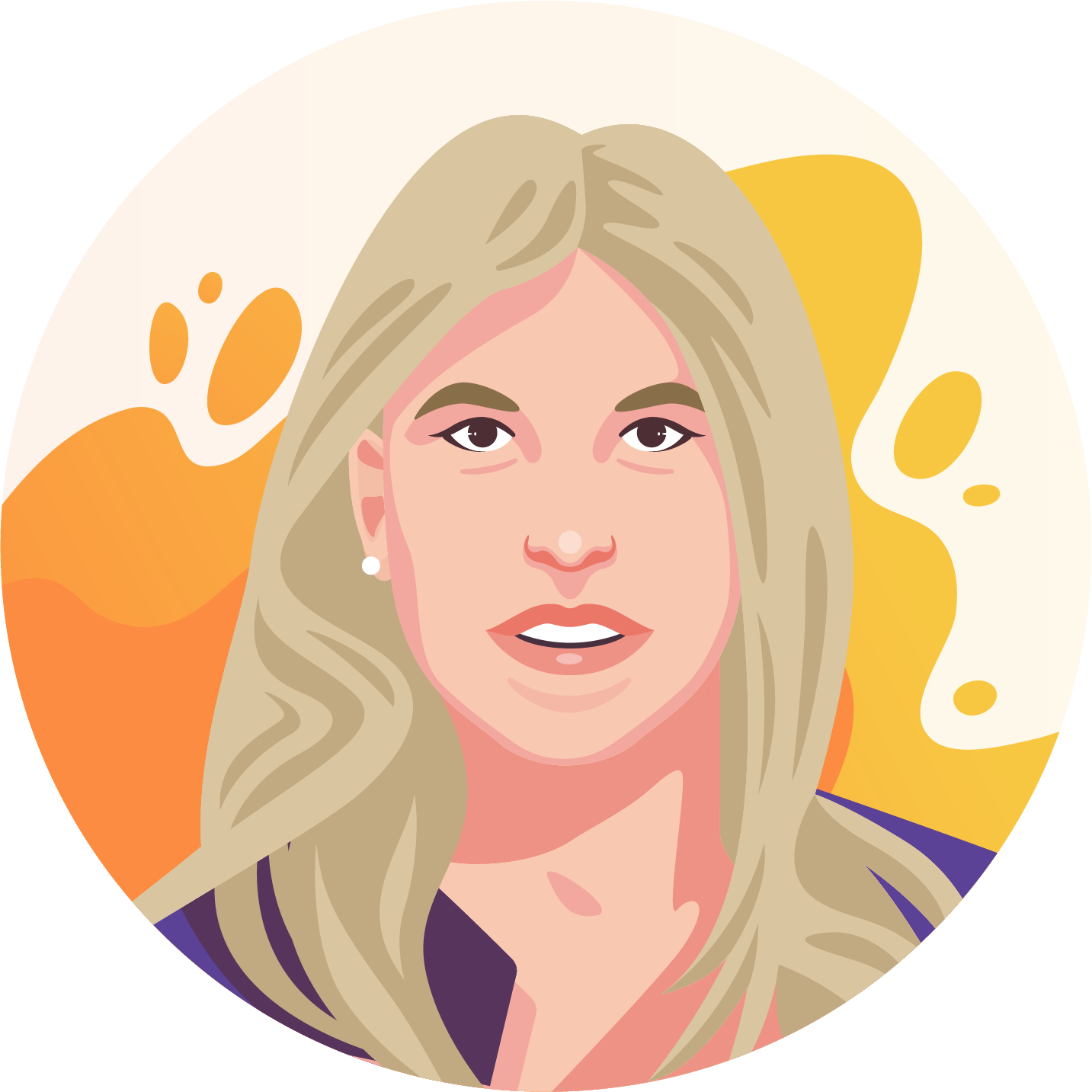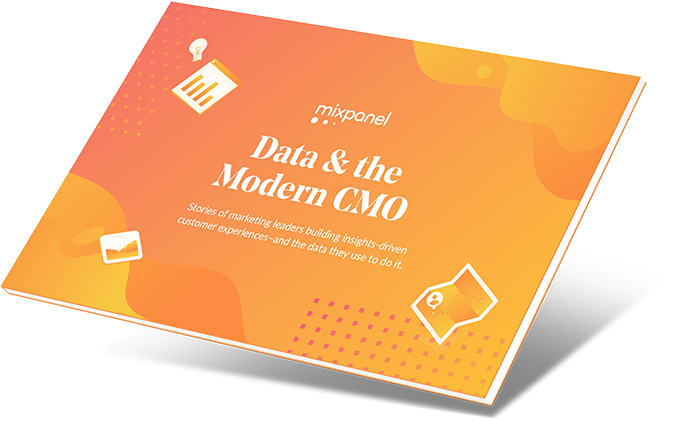A few months into her role at Mercer, the world’s largest human resources consulting firm, Jeanniey realized her marketing department needed, well, better marketing. “About three months after I took this role, I began assessing the team’s organizational structure, its performance and how other leaders within the company viewed our priorities and goals. In the process, I learned that there were very few people outside of marketing that understood what function each group was responsible for and what impact it had on the organization.”
To fill the gap in understanding, Jeanniey turned to her team of talented marketers and asked them to put on a virtual career fair. Each one of her business leaders created a three-minute video to describe what their team does and talk about open opportunities. The program targeted people who did not understand the role of Marketing, but did not feel hostile to it, either.
“We tried to target people that genuinely don’t understand what Marketing does, and, as a result, have never fully embraced it. Once we filled the gap in understanding, they became evangelists who could spread the word and change the minds of the skeptics.”
Jeanniey’s word-of-mouth approach to internal marketing mirrors that of the early-stage startups she led in a past life. “A startup rarely has any vocal brand advocates, and it certainly won’t have a brand ambassador program or case studies or video testimonials—even if their product is incredible. They have to first explain to people why the product is so great in terms those people can understand and relate to. Once they get a few people in the door, those people can share the news with someone else, and create a virtuous cycle of advocacy. At Mercer, that’s the approach we’ve taken to try and help 23,000+ people see what Marketing can add to the business.”
A dozen or so educational videos seems insufficient to accomplish such a massive goal, but, given the opportunity to come up with their own creative solutions, Jeanniey’s marketing leaders were able to make the program sing. “The head of the Operations team created a video, and it was literally about how, by 2030, we’re going to be doing Marketing from Mars because operational efficiencies will enable us to get there. It was hilarious and, literally, completely out of this world, which gave it punch and made it memorable.”
Though the advertised intent of the career fair was to alert people looking for a new role within Mercer, the true goal was just to engage people from different organizations and bring them into the marketing fold. “In order to work cross-functionally, other parts of the organization need to not just know what we do, but also who we are.”
Marketing, after all, is fundamentally a support organization. Its work is designed to amplify that of other teams. Building relationships with other parts of the organization dictate Marketing’s ability to understand what other teams want to accomplish, so they can help them get there.











